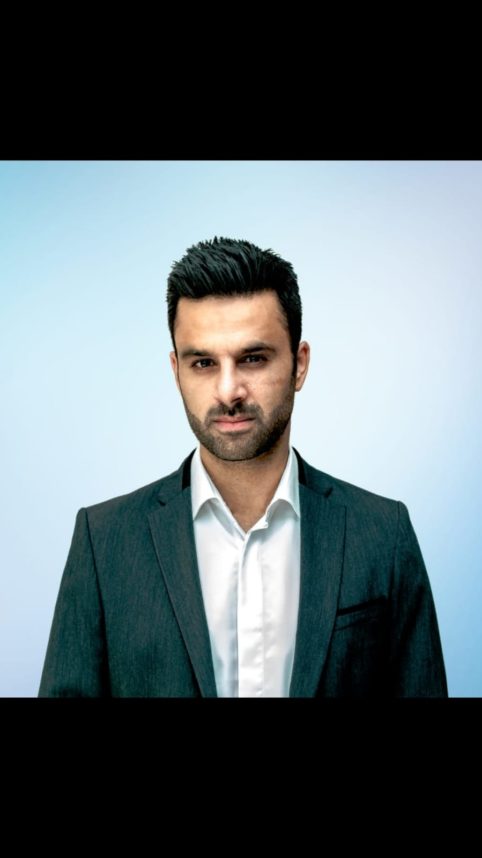
About a year ago, Arab-Israeli Yoseph Haddad, a well-known figure on the anti-boycott, divestment, sanctions (BDS) circuit, was slated to give a talk at a pre-military academy. A young, Jewish attendee approached him beforehand, shook his hand, looked Haddad in the eye and said, “A good Arab is a dead Arab.”
Unfazed, Haddad asked the teenager if he knew any Arabs personally. When the youth said no, Haddad instructed him to come back and talk to him after his presentation. The youth later apologized to Haddad, saying he had no idea that Arabs fought for Israel — both on the battlefield (Haddad is a veteran of an Israel Defense Forces combat unit and was wounded in the Second Lebanon War) and in civilian life as a staunch pro-Israel advocate.

Around the same time, Haddad addressed a group of Arab Israeli high schoolers. One student hurled a slew of invectives at Haddad, calling him a traitor to the Arab nation. Again, Haddad calmly told the teenager to come see him after the talk. And again, Haddad received an apology. Today, the Arab teenager and the Jewish soldier are close friends who volunteer in Haddad’s organization, Together — Vouch for Each Other, a nonprofit that brings together Arabs and Jews in meaningful social connections. “This story sums up Israeli society,” Haddad said.
“It’s a simple equation,” he continued. “When you are ignorant, you are a racist. When you are ignorant, you are an anti-Semite. The only way to fight it is to talk about it and show them things that are different than what they know.”
Today, the group has some 500 activists. In April, Haddad and a few volunteers traveled to Deir al-Asad, an Arab town in Galilee in the north of the country, which was in full lockdown because of a coronavirus outbreak. They distributed flowers and refreshments to police officers manning a roadblock outside the town. One of the officers, an Arab, was visibly moved. Haddad said, “He told me, ‘You have no idea how much it made my day reading Arabic on the note and knowing it’s an Arab-Israeli organization doing this and not a Jewish one.’”

After learning that an Arab-Israeli doctor had been refused entry into the Jewish West Bank settlement of Yizhar, Haddad spoke to a senior member of the settlement by phone. The man was familiar with Haddad’s pro-Israel work but when asked if he would be allowed entry into Yizhar, the man responded no — based solely on the fact he is an Arab. “It felt like a punch in the stomach,” Haddad said. The snub later was retracted and Haddad received a formal invitation to visit the settlement. “But I told them, I wouldn’t come as a token Arab,” he said. Instead, Haddad said he would bring a group of Arab Israeli teenagers to meet with Yizhar’s own teenagers.
“We may not agree on things but we can agree to talk,” he said. “I always say, if you want to draw a long line, you start with a single dot. Someone who once called me a terrorist and another who called me a traitor are today volunteering together. If you would’ve told me 20 years ago, I would be able to fly to Dubai, I would tell you you’re crazy. Everything is possible,” said Haddad, referring to the September pact normalizing relations between Israel and the United Arab Emirates.





















 More news and opinions than at a Shabbat dinner, right in your inbox.
More news and opinions than at a Shabbat dinner, right in your inbox.